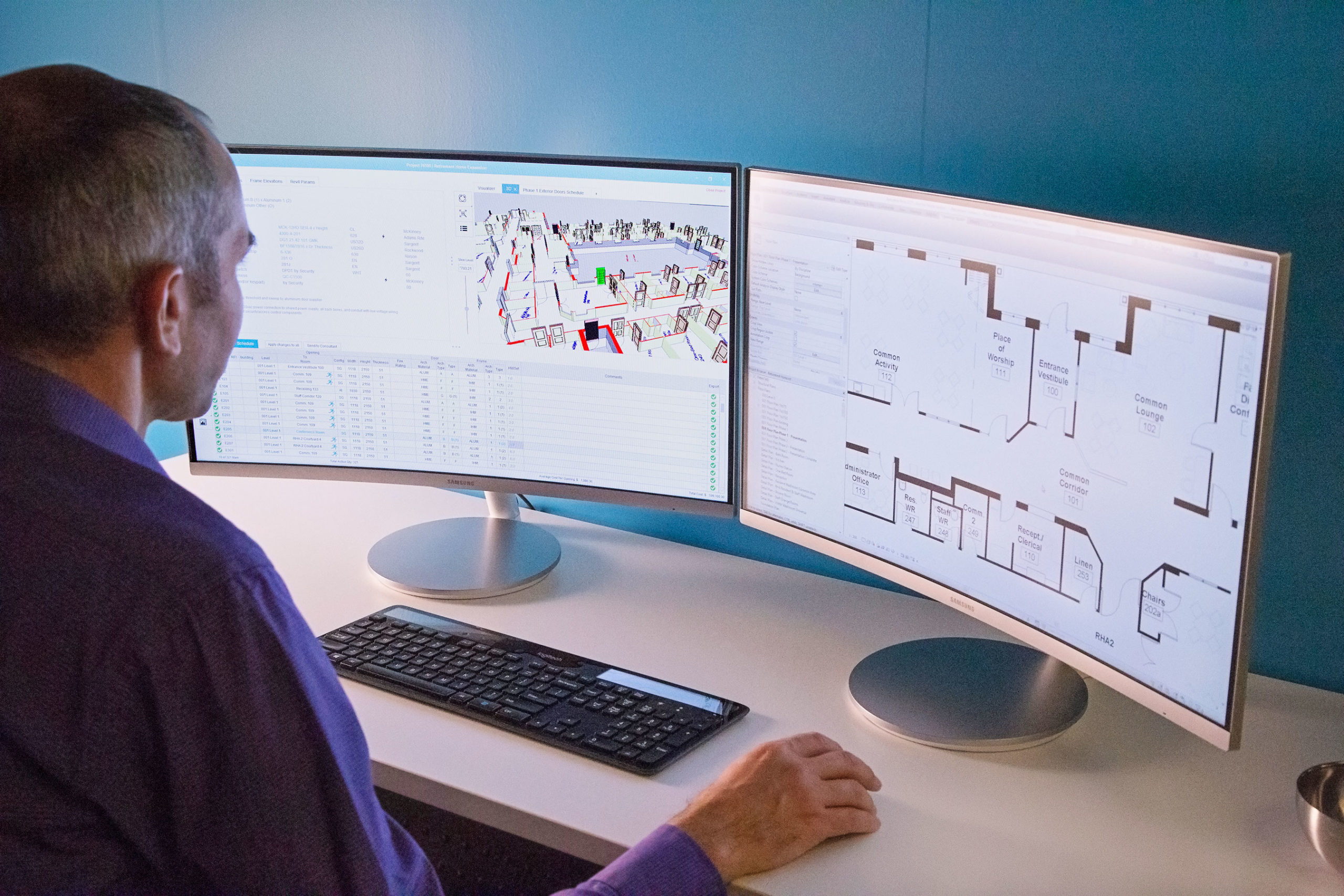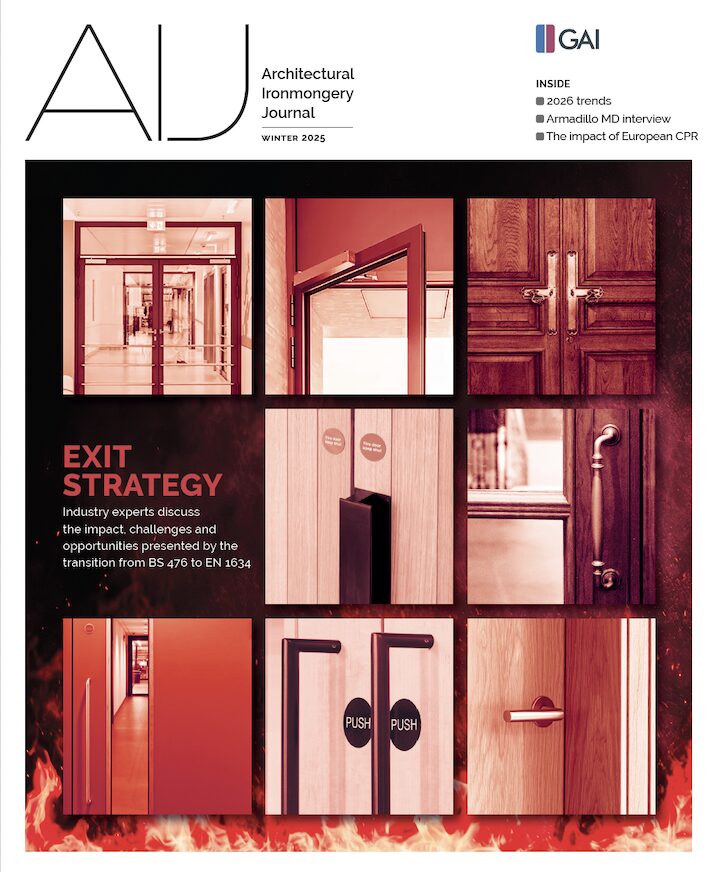
ASSA ABLOY Opening Solutions UK & Ireland is raising awareness of recent changes made to the Regulatory Reform (Fire Safety) Order 2005 (FSO) to improve fire safety in buildings, triggered by Section 156 of the Building Safety Act 2022.
These improvements came into effect on 1 October 2023, and form Phase 3 of the Home Office’s fire safety reform programme, building on Phase 1 (the Fire Safety Act 2021) and Phase 2 (the Fire Safety (England) Regulations 2022).
This phase 3 further strengthens fire safety in all FSO regulated premises by increasing requirements in relation to the recording and sharing of fire safety information to create a continual record throughout a building’s lifespan.
Other updates include improving cooperation and coordination between responsible persons, ensuring residents have access to comprehensive information about fire safety in their building, and making it easier for enforcement authorities to act against non-compliance.
The Home Office has published three new fire safety guides that are intended to replace the previous guide to making premises safe from fire. The fire risk assessment checklist has also been updated to enable responsible individuals understand and meet the new requirements.
Sharing information on building lifespan
Brian Sofley, managing director at ASSA ABLOY Opening Solutions, commented: “We fully support the Building Safety Act, and welcome the new updates to the Fire Safety Order.
“We are seeing a critical need for the recording and sharing of fire safety information, and a way to record and continuously update vital information about a building throughout its lifespan.
“We should be managing buildings as holistic systems and allowing people to use information to design, construct and operate their buildings safely and effectively.
“This ‘golden thread’ approach is the key to making buildings safer and keeping them safe for the future, as outlined in the Hackitt report. We now have so many digital tools at our disposal such as Building Information Modelling (BIM), utilising these will help us record and share information, and keep it up to date to enable greater transparency and safer environments.”

BIM design environment
BIM allows building elements such as doorsets to be managed through a single platform – from specification to installation and ongoing inspection. For example, ASSA ABLOY’s Openings Studio™ BIM application integrates with design software to create and visualise openings for complete door, frame and hardware schedules and specifications.
This enables seamless extraction of door design intent and all relevant interfaces to assist fabricators to develop complete door requirements that meet building regulations. Product information, performance data and budget information are captured within the BIM design environment.
Through real time, collaborative working, these designs can be validated for compliance, functional performance, and aesthetics plus presented as 3D views that can be fully re-integrated into the overall project design.
Ongoing inspections can also be captured based on the specific details of each door included in the schedule. This report validates if a door has remained compliant, or identifies what elements need to be corrected or replaced to return the product to the standard required, providing full traceability and ownership of all changes at all stages.
Brian adds: “BIM applications can help to lock in positive behaviours from the very start of a project, and support an increase in trust and confidence that safety is paramount throughout a building’s specification, construction and maintenance.
“Only by working collaboratively will we see a step change in the industry to raise standards – not only in the construction of buildings to make them safer, but also ensuring they are continually assessed and maintained to uphold compliance.”








